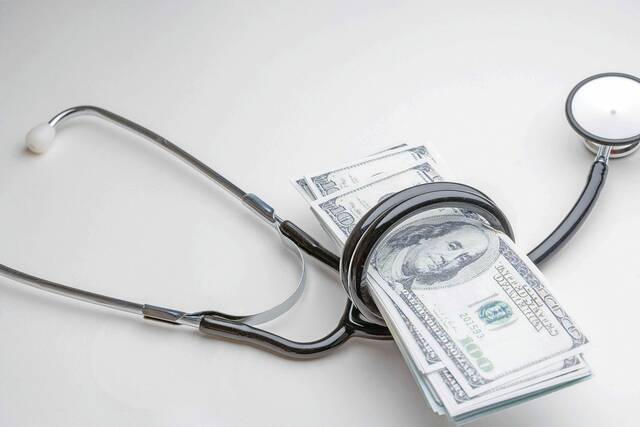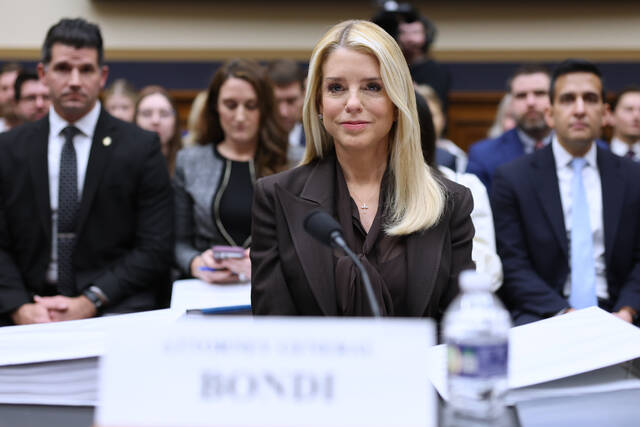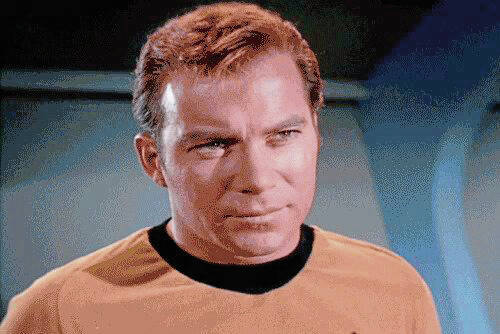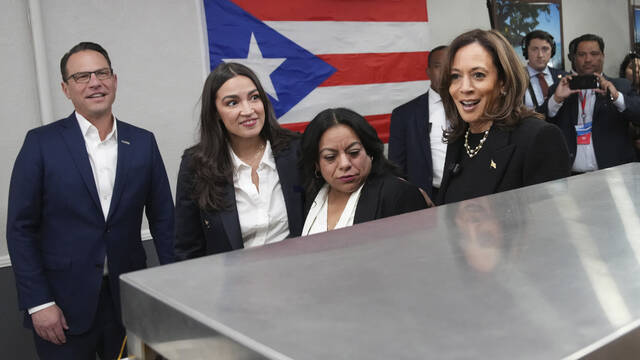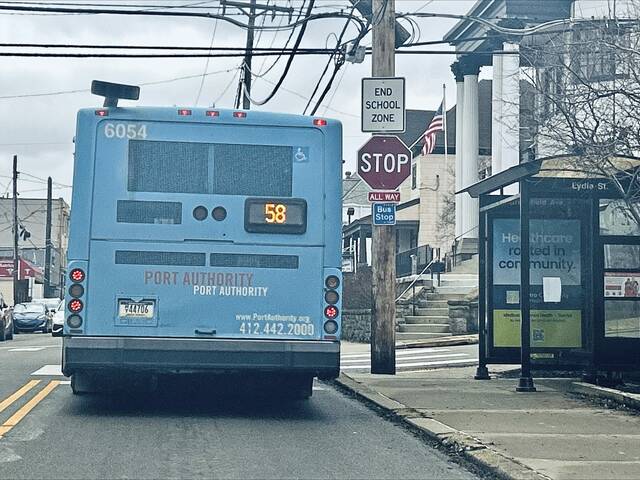Medical debt is the most common form of debt in the United States, plaguing more than 100 million Americans.
Other industrialized nations do not bear the load of medical debt as we do. So only Americans will ever require a GoFundMe or similar crowd-funding page for a beloved community member stricken with an exorbitant hospital bill. Normally, neighbors coming together to help someone struggling is a cause for celebration, but these GoFundMe pages should not be celebrated — because they should not be necessary in the first place. In fact, their existence is an indictment of our entire health care system, and one that becomes even more damning when compared to care affordability in other nations.
With more than half of American adults acquiring debt due to medical or dental bills in the last five years, it couldn’t be more evident that medical debt has hamstrung the economic mobility of working families across the nation, especially those without insurance or living on low incomes. Additionally, women are more likely than men to take on medical debt; and 69% of Black and 65% of Hispanic adults report having health care debt in the last five years, compared to 54% of white adults. Millions of indebted Americans report cutting spending on food, clothing and other basic needs; draining their savings; losing their homes; and declaring bankruptcy. But financial ruin isn’t the worst-case scenario for U.S. medical debtors.
Receiving a diagnosis for a treatable disease or an extraordinarily high medical bill can be the equivalent of a death sentence. Too often, working class families and individuals avoid seeking care in the first place because they’re aware of how grossly unaffordable health care is in America.
Once a patient is in medical debt, they often face additional barriers to care because they’re in medical debt. If one can’t afford treatment, maintain employment while receiving care, or is denied care because they already have medical debt, what options are left besides remaining sick and, in some cases, dying?
As an emergency physician, I strongly believe that working Pennsylvanians shouldn’t have to choose between basic necessities and receiving medical care. This uniquely American problem requires a uniquely American solution, and the birthplace of our great nation is the perfect place to start cleaning up this catastrophic mess.
It will take extensive reforms to mold our system into one that doesn’t punish sick patients with debt, but Pennsylvanians are drowning in medical debt now. To help them as swiftly as possible, my colleagues and I have introduced legislation to establish the Pennsylvania Medical Debt Repayment Program, which would provide medical debt relief to the most financially vulnerable residents of our Commonwealth. I am grateful that State Reps. Donna Bullock, Nick Pisciottano, and especially Tarik Khan and Bridget Kosierowski, who are both experienced health care professionals, have all signed on as co-sponsors of House Bill 78.
Our proposed program is modeled off one that has succeeded at the local level in several U.S. cities. Pittsburgh City Council recently partnered with the nonprofit RIP Medical Debt to invest $1 million toward alleviating the medical debt. For this price, the city will be able to discharge $115 million of health care debt for about 24,000 residents. With a relatively modest $15 million investment in our state budget, I estimate we could clear up to $1.5 billion in medical debt burdening hundreds of thousands of Pennsylvanians and their families.
Voters in both Republican and Democratic districts suffer from medical debt — it’s not a partisan issue. As budget negotiations are now underway within the Pennsylvania General Assembly, I urge you to write your elected officials and ask them to support the creation of the Pennsylvania Medical Debt Repayment Program. Together, we can help bring relief to our friends and neighbors who are being crushed by the colossal weight of debt incurred through the American health care system.
Rep. Arvind Venkat, D-McCandless, represents the 30th District.


